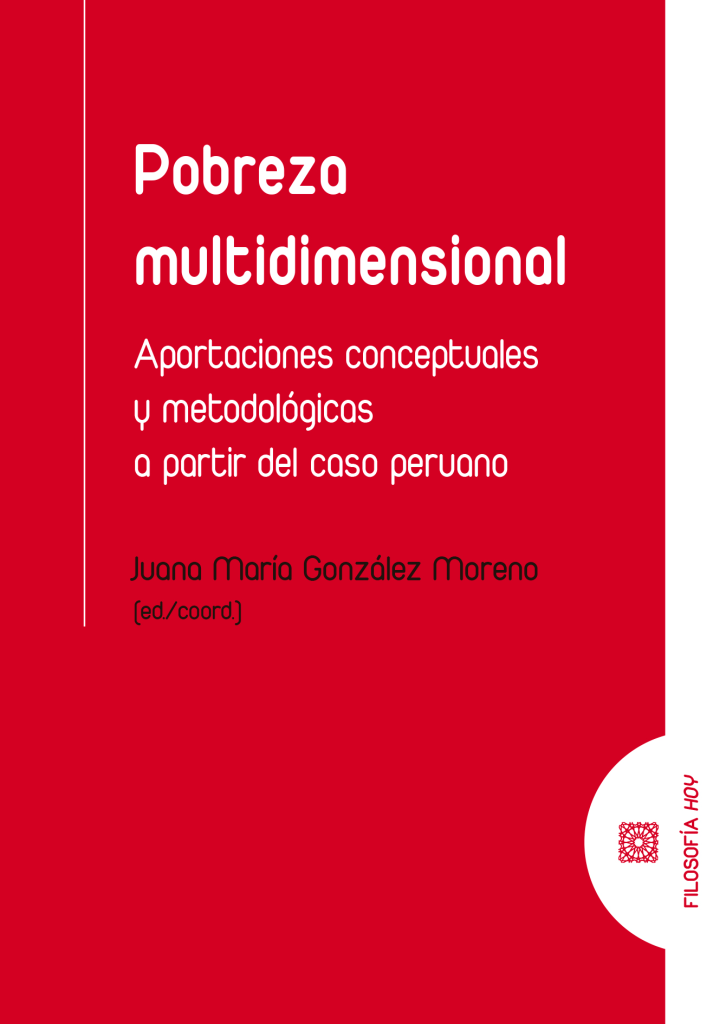El pasado mes de enero, varios investigadores de la Universidad de Cádiz de los que también son miembros del Instituto Universitario de Investigación para el Desarrollo Social Sostenible (INDESS) publicaron un nuevo libro denominado “Pobreza Multidimensional” en el que se recogen los resultados del proyecto de cooperación universitaria al desarrollo.
Este libro surge como respuesta a una solicitud del Gobierno de Perú, cuando querían entender mejor la pobreza que afecta a millones de personas. Querían adaptar el Índice de Pobreza Multidimensional Global (IPM Global) desarrollada por la Oxford Poverty and Human Development Initiative (OPHI).
El libro se divide en dos partes. La primera parte se centra en explicar qué es la pobreza multidimensional, mirando de cerca el trabajo de organizaciones como las Naciones Unidas y los conceptos que se usan para entenderla. En la segunda parte, los autores presentan una idea nueva para medir la pobreza en Perú. Su propuesta incluye mirar tres aspectos diferentes de la pobreza y usar una manera especial de calcularlo que se llama “teoría de conjuntos difusos”. Para mostrar que su idea funciona, los expertos la aplicaron en Santiago de Chuco, en la región de La Libertad, Perú.
Este libro es importante porque ofrece nuevas ideas sobre cómo entender y combatir la pobreza en Perú. Podría ayudar a adaptar métodos internacionales a la realidad del país.


